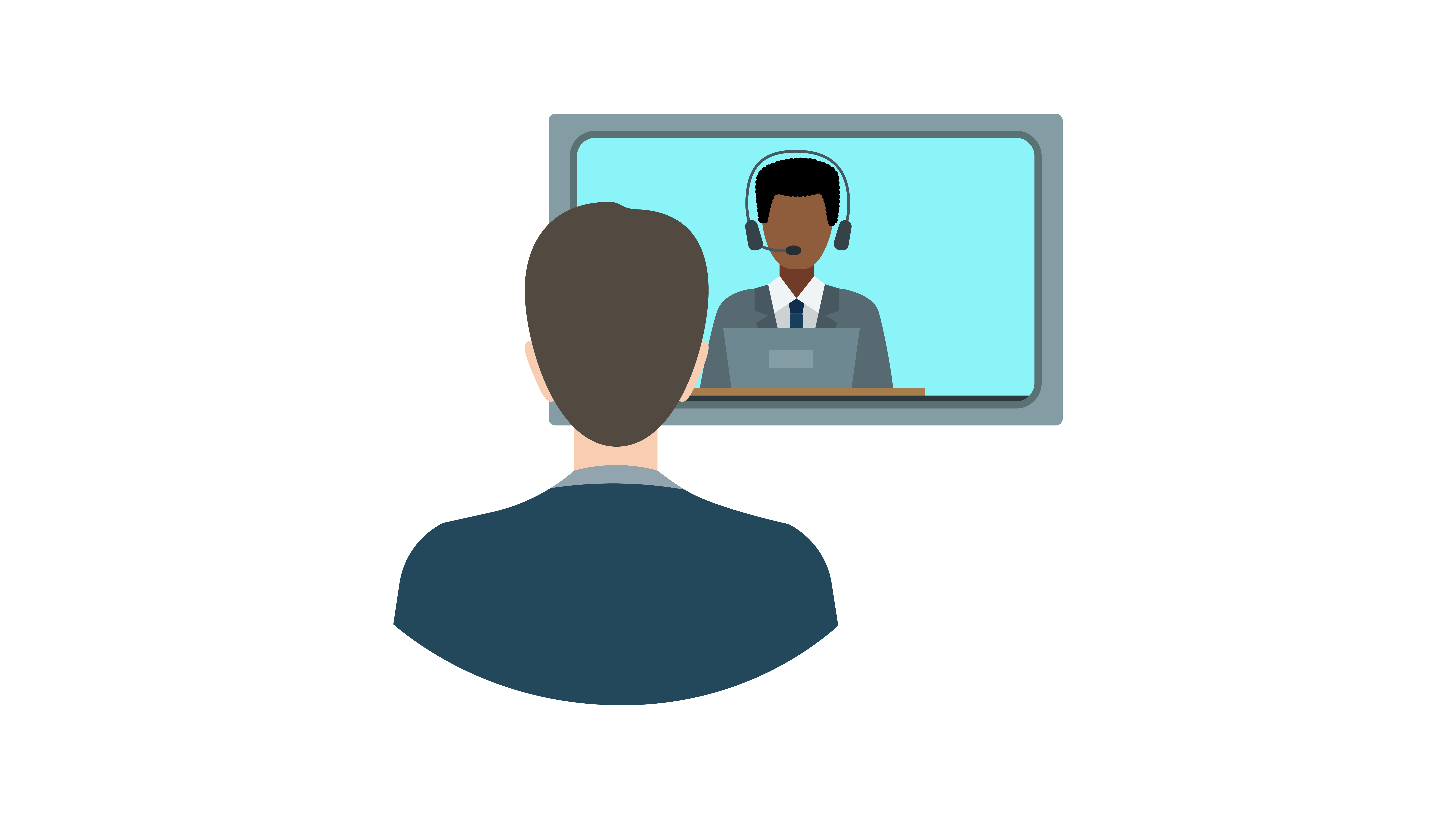All Categories
Featured
Customer data platforms (CDPs) are an essential tool for modern organizations that wish to collect, store, and manage customer information in one central location. The software tools provide more precise and comprehensive overview of the customer which can be used to provide targeted marketing and personalized customer experiences. CDPs provide a variety of features that can be used to improve data management, data quality and formatting. This helps customers comply with how they're stored, used and access. With the ability to pull data from various APIs and other APIs, CDPs also allow organizations to use other APIs, CDP additionally allows companies to make the customer the forefront of their marketing campaigns as well as improve their operations and get their customers involved. This article will discuss the advantages of CDPs for companies.
cdps
Understanding CDPs: A client data platform (CDP) is a piece of software that allows businesses to collect data, store and manage data about customers in one central location. This gives an precise and complete picture of the customer. This can be used for targeted marketing and personalised customer experience.
-
Data Governance: A CDP's ability to protect and control the information being incorporated is one of its key features. This includes division, profiling and cleansing on the data that is being incorporated. This ensures that the organization adheres to data laws and regulations.
-
Data Quality: It is vital that CDPs ensure that the data collected is high-quality. This means that the data is properly recorded and is of the highest quality standards. This helps to minimize additional costs for cleaning, transforming, and storage.
-
Data formatting: A CDP can also be used to ensure that data conforms to a predefined format. This permits data types like dates to be matched to customer data, and also ensures consistent and logical data entry. customer data platfrom
-
Data Segmentation Data Segmentation: The CDP lets you segment customer data in order to better understand different customers. This allows you to test different groups against each other and obtain the most appropriate sample distribution.
-
Compliance: A CDP allows organizations to handle customer data in a legally compliant way. It allows you to establish the security of your policies and to categorize information based on the policies. It can also help you identify policy violations when making decisions about marketing.
-
Platform Selection: There's a wide range of CDPs and it's important to be aware of your needs before choosing the one that is best for you. This includes considering options like data privacy and the ability to pull data from various APIs. marketing cdp
-
Making the Customer the Heart of Everything This is why a CDP allows for the integration of real-time, real-time customer information, giving the immediacy, accuracy, and unity that every marketing team needs to boost their efficiency and connect with their customers.
-
Chat, Billing , and more: A CDP helps you discover the context of great discussions, regardless of whether you are looking at billing or past chats.
-
CMOs and Big Data CMOs and Big Data CMO Council 61 percent of CMOs believe that they're not making the most of big data. A CDP can aid in overcoming this by offering an all-encompassing view of the customer and allowing for more effective use of data for marketing as well as customer engagement.
With numerous different kinds of marketing technology out there every one normally with its own three-letter acronym you might question where CDPs originate from. Although CDPs are among today's most popular marketing tools, they're not a totally new idea. Instead, they're the latest action in the advancement of how marketers manage consumer information and consumer relationships (Cdp Data Platform).

For a lot of online marketers, the single most significant worth of a CDP is its capability to segment audiences. With the capabilities of a CDP, online marketers can see how a single customer connects with their business's various brands, and determine chances for increased personalization and cross-selling. Obviously, there's much more to a CDP than segmentation.
Beyond audience division, there are three huge reasons your business may want a CDP: suppression, personalization, and insights. One of the most intriguing things marketers can do with data is determine consumers to not target. This is called suppression, and it's part of providing truly tailored customer journeys (Cdp's). When a customer's merged profile in your CDP includes their marketing and purchase information, you can reduce ads to clients who have actually already made a purchase.

With a view of every client's marketing interactions connected to ecommerce data, website check outs, and more, everyone across marketing, sales, service, and all your other groups has the possibility to comprehend more about each consumer and deliver more tailored, relevant engagement. CDPs can help online marketers attend to the source of much of their most significant everyday marketing problems (Customer Data Platform).
When your data is disconnected, it's more hard to understand your clients and develop meaningful connections with them. As the variety of data sources used by marketers continues to increase, it's more crucial than ever to have a CDP as a single source of truth to bring everything together.
An engagement CDP uses customer data to power real-time customization and engagement for clients on digital platforms, such as sites and mobile apps. Insights CDPs and engagement CDPs comprise most of the CDP market today. Extremely few CDPs include both of these functions similarly. To select a CDP, your company's stakeholders must consider whether an insights CDP or an engagement CDP would be best for your requirements, and research the couple of CDP options that consist of both. Cdp Customer Data Platform.
Redpoint GlobalLatest Posts
The Role of CDPs in Combining Data from Multiple Sources
The Role of CDPs in Streamlining Marketing Operations.
CDPs and the Role of Data Governance in Reducing Risk